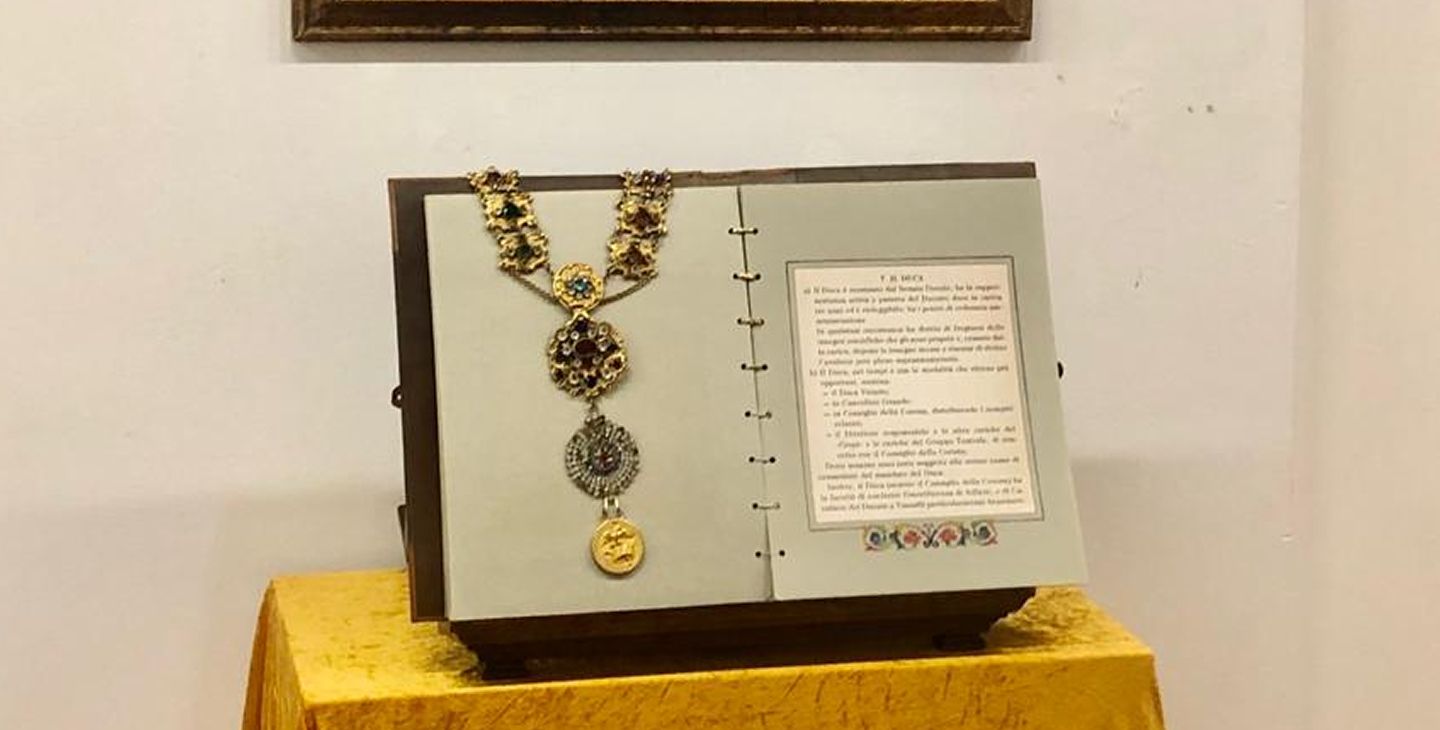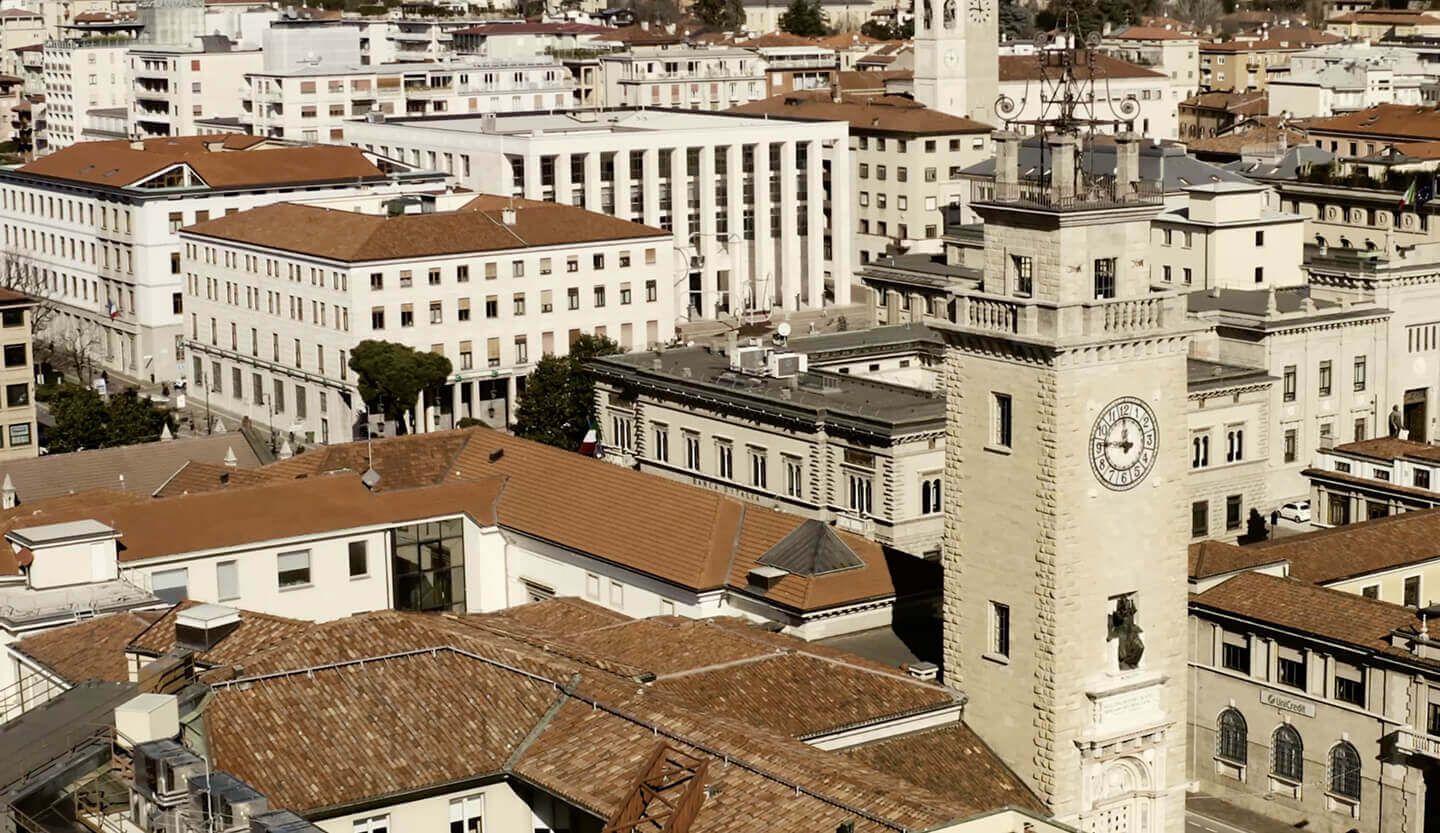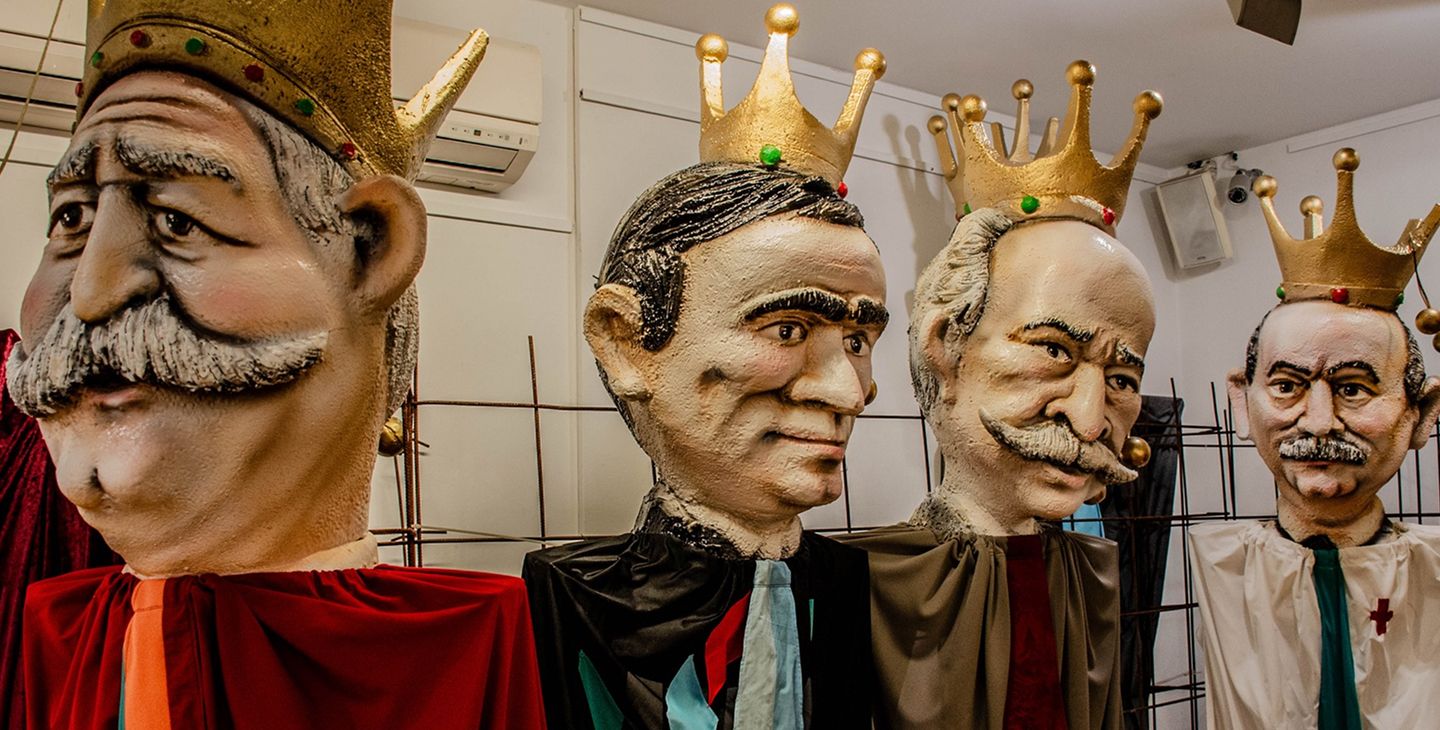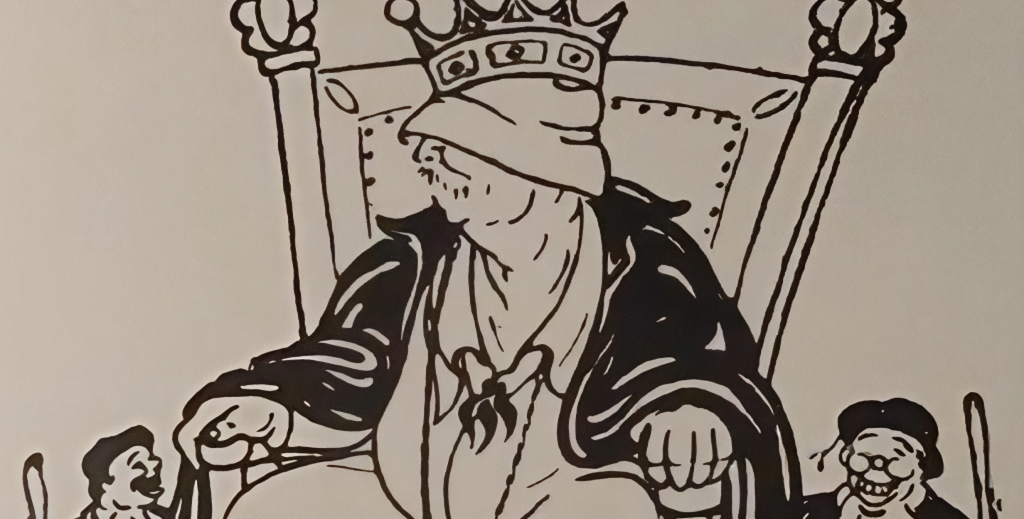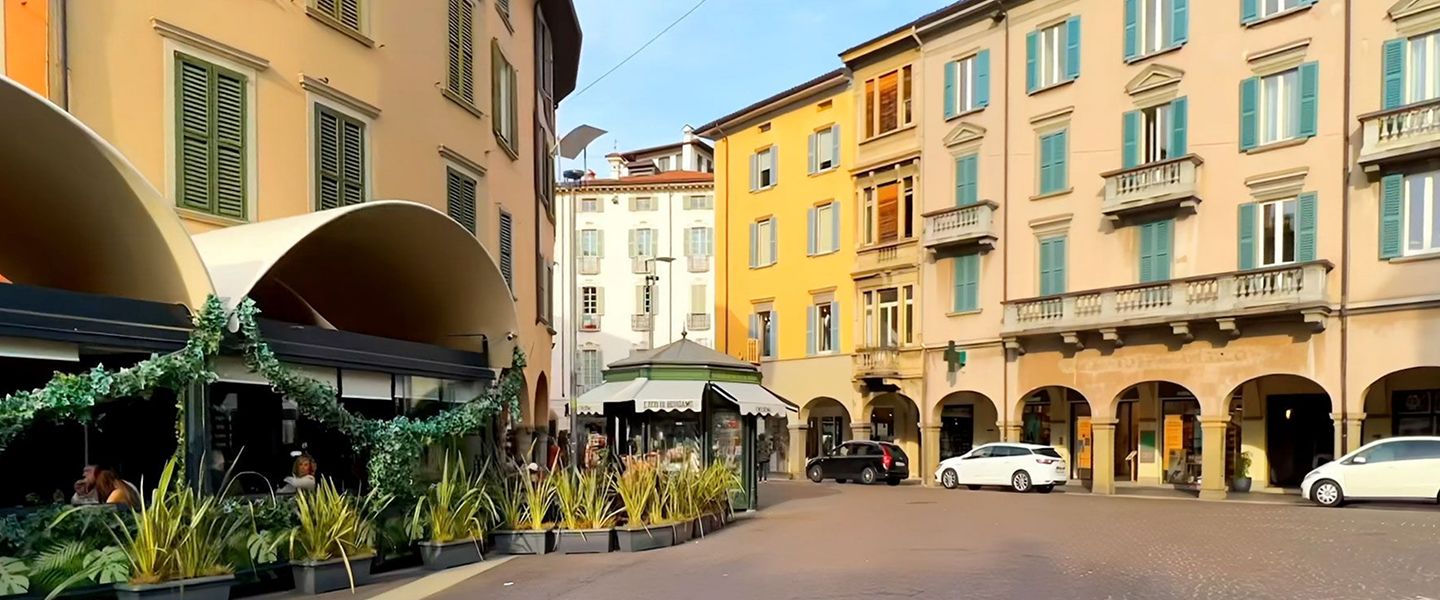The Ducato
The Statute of the Ducato di Piazza Pontida
The Statute of the Ducato di Piazza Pontida defines the organization, rules, and operational procedures of the cultural association. Through its articles, from the statute on the name and headquarters to internal regulations and duration, this page provides a comprehensive overview of the rules guiding the activities of the Ducato, ensuring respect for the traditions, culture, and folklore of Bergamo. Here, it is possible to consult all the articles of the Statute, from the foundations of the association to the provisions for members and office holders.
Art. 1 – Name, Headquarters, Duration.
- The association "DUCATO DI PIAZZA PONTIDA ETS" is established, a society dedicated to the culture, folklore, and traditions of Bergamo.
- Pursuant to and for the purposes of Legislative Decree 117/2017, the association includes in its name and in any distinguishing sign or communication addressed to the public the phrase "Third Sector Entity" or the acronym "ETS." The inclusion of the ETS acronym in the name and its use, or the indication of "Third Sector Entity," is conditionally suspended until registration in the National Single Registry of the Third Sector.
- The association has its registered office in Bergamo and has no time limits for its duration.
- The Board of Directors (CORONA COUNCIL, further regulated in its functions and powers in this Statute) may, by resolution, transfer the headquarters within the Municipality of Bergamo and establish branch sections in other centers of the Province of Bergamo.
Art. 2 – Guiding Principles and Objectives.
- The association (hereinafter also referred to in this Statute as the DUCATO) is a non-profit organization and exclusively pursues civic, cultural, artistic, and folkloric objectives within the framework of Bergamasque traditions. It aims to carry out the indicated cultural activities, artistic promotion, preservation of Bergamasque folklore, and social solidarity, in particular—but not exclusively—with the purpose of enhancing Bergamasque traditions.
- More generally, the association operates to provide moral, social, and cultural support to the populations of Bergamo, extending its actions throughout the city of Bergamo and across the entire Bergamo territory, which stretches from the Orobie mountain ridge, through the valleys, and opens into the plains between the Adda and Oglio rivers, reaching the borders of Cremona, Lodi, Milan, and Valtellina.
- The association pursues its objectives within the territorial scope of the Province of Bergamo, without making distinctions based on ethnic origin, culture, religion, gender, or economic and social status.
- The association may enter into agreements with Third Sector Entities and non-profit organizations that pursue civic, cultural, social solidarity, or public utility objectives.
Art. 3 - Activities of the DUCATO.
- The association “DUCATO DI PIAZZA PONTIDA ETS” operates within the specified context of the Bergamo community, without any profit motive, as a voluntary institution whose corporate purpose consists of carrying out activities of general interest.
- As previously stated, the DUCATO pursues civic, solidarity, cultural, and socially beneficial purposes pursuant to Article 5, letter “i” of Legislative Decree No. 117 of 3 July 2017, and, in particular, the following objectives: The association “DUCATO DI PIAZZA PONTIDA ETS” may also engage in fundraising activities through requests to third parties for donations, bequests, and non-reciprocal contributions — with the aim of financing its general interest activities and in compliance with the principles of truthfulness, transparency, and fairness in relations with supporters and the public.
- includes the name of Bergamo, its history, traditions, art, and culture;
- spreads among the people of Bergamo, in a spirit of fellowship, the love for their land and pride in their history;
- encourages and promotes the study and preservation of popular expressions, with particular attention to those related to the Bergamasque language, poetry, and theater in dialect;
- carries out cultural and folkloric initiatives, stimulating the enthusiasm of local forces and bringing to the Orobic Land the art and knowledge of other Italian regions as well as of peoples from Europe and around the world;
- develops relationships of friendship and collaboration with entities and associations operating in the territory for social, charitable, and cultural purposes, and also grants sponsorship to initiatives that align with the objectives of the DUCATO.
- Furthermore, the DUCATO may:
- maintain, enhance, and increase its entire movable and immovable assets and manage entrusted properties in the best possible way;
- administer and manage assets of which it is owner, lessor, borrower, or otherwise possesses or holds under any title;
- execute any appropriate act or contract, including for the financing of approved operations, among which, without limitation, are the assumption of loans and mortgages, whether short- or long-term, the purchase, in ownership or surface rights, of real estate, and the conclusion of agreements of any kind, including those registerable in public records, with public or private entities, deemed appropriate and useful for achieving the objectives of the DUCATO;
- conclude agreements for the entrustment of part of its activities to third parties and enter into collaboration agreements with other entities with purposes similar or instrumental to its own;
- participate in associations, even temporary purpose-driven ones, entities, and institutions, public and private, whose activities are directly or indirectly aimed at achieving purposes similar to those of the DUCATO; the DUCATO may, where deemed appropriate, also contribute to the establishment of such bodies.
- The DUCATO may occasionally carry out the following ancillary and instrumental activities in support of its institutional purposes:
- raise public awareness regarding issues related to social life in the territory in which it operates, with particular attention to economic and cultural hardship, through publishing, conferences, debates, and informational screenings at its headquarters, schools, and during public events;
- provide training and continuous professional development for individuals who, in a professional or voluntary capacity, operate solely within the association for the performance of institutional activities;
- conduct studies on issues and realities related to the world of art, poetry, and culture in general, with particular focus on younger generations, the elderly, persons with disabilities, and those experiencing social or economic hardship;
- organize seminars, conferences, and meetings for individuals who, in a professional or voluntary capacity, operate solely within the DUCATO for the performance of institutional activities;
- The DUCATO may make use of the support of professionals, entities (companies, research institutes, etc.), and organizations, including through appropriate agreements and conventions.
- Regulatory provisions or other forms of internal rules shall govern the requirements for selecting individuals to participate in its activities, as well as their treatment according to principles inspired by Christian charity, emphasizing equality, respect for personal freedom and dignity, and the adequacy of services and performance.
- The DUCATO may employ staff in accordance with the provisions of the law.
- The DUCATO may also rely on volunteers and may pursue its statutory purposes either directly or through forms of collaboration with entities, consortia, social cooperatives, or public or private associations.
- The DUCATO may not carry out activities other than those indicated above, except for activities directly connected to them or ancillary by nature to its statutory purposes, as long as they are integrative and instrumental to those of general interest, within the limits permitted by Legislative Decree No. 117 of 3 July 2017, and their identification may subsequently be made by the CONSILIUM OF THE CROWN (Board of Directors).
Art. 4 – Assets – Financial Resources
1. The assets of the DUCATO consist of the endowment fund resulting from the deed of incorporation and subsequent additions to the assets, however made.
2. It is mandatory to ensure the preservation and maintenance of the asset base, without prejudice to the possibility of transformation.
3. The administration of the assets must be aimed at achieving the association’s objectives and maintaining asset guarantees for the continuation of its institutional activity. In this regard, the CONSILIUM OF THE CROWN (Board of Directors) is obliged to invest and manage the assets and available resources in the forms deemed most profitable and secure by the Board, with particular attention to the preservation and maintenance of the Ducato’s assets.
4. The assets may also be increased not only by members (CAVALIERI JURE PLENO) but also by other public and private entities, through donations, hereditary bequests, legacies, and other contributions generally intended to increase the endowment fund, including any income allocated to assets and other assets acquired through operational savings.
5. Pursuant to Article 10 of the Consolidated Third Sector Act, the corporate bodies may allocate, within the scope of their institutional activities, resources to specific assets or particular objectives.
6. The DUCATO pursues its purposes using
a) income from assets, net of any portion allocated to the assets, as decided by the CONSILIUM OF THE CROWN (Board of Directors);
b) donations, contributions, subsidies, and assets of any nature provided to the DUCATO by anyone, under any title, provided they are not expressly intended to increase the endowment fund;
c) contributions from CAVALIERI JURE PLENO (members) not paid at the time of incorporation and not intended to increase the assets, as well as additional contributions made by other parties in support of the DUCATO’s purposes;
d) proceeds from the sale of assets received by the DUCATO and not intended to increase the endowment;
e) any income from management activities provided for in the Statute;
f) any other type of income derived from events for public fundraising or from any connected or marginal commercial activities promoted, organized, and managed directly or indirectly by the DUCATO.
7. The association may resort to loans, borrowings, and financial leases, including providing real guarantees.
8. Surpluses must be used for the implementation of institutional activities and those directly connected thereto, with preference given to interventions aimed at the preservation, enhancement, and growth of the assets.
9. Distribution, in any form, including indirectly, of profits and surpluses, as well as funds, reserves, or capital, is prohibited throughout the life of the DUCATO, in compliance with Article 8, paragraphs 2 and 3 of Legislative Decree No. 117 of 3 July 2017, unless such allocation or distribution is required by law or made in favor of other Third Sector Entities that, by law, statute, or regulation, are part of the same unified structure.
Art. 5 – CAVALIERI JURE PLENO (Members).
1. The members of the association are called CAVALIERI JURE PLENO and anyone who requests membership, shares its objectives, and intends to commit to their fulfillment may become a member of the association.
Other Third Sector or non-profit entities may also be admitted as members, provided that their number does not exceed fifty percent of the social promotion associations that are members.
Maintaining membership is conditional upon payment of the annual membership fee within the terms prescribed by the DUCAL SENATE (Assembly) and the DUKE (President).
–
2. The application for membership must be submitted to the Board of Directors, called the CONSILIUM OF THE CROWN. The Board shall decide whether to accept or reject the applicant. Membership is recorded in the CAVALIERI JURE PLENO register.
–
3. Before being admitted as a CAVALIERE JURE PLENO, the applicant must support their application with the payment of the annual membership fee (OBLAZIONE ANNUA) in the amount set annually by the DUKE. The application must also be submitted with “Guarantees” provided by at least two CAVALIERI JURE PLENO. Pending the application and its acceptance, the applicant shall hold the title of VASSALLO. A VASSALLO who distinguishes themselves through special merits may be awarded the honorific title of ALFIERE or CAVALIERE by the DUKE.
Rejection of the membership application must be communicated in writing to the applicant, specifying the reasons, within 60 days. In such cases, the VASSALLO may appeal to the Assembly (DUCAL SENATE) within the following 60 days, which will consider the request at its next meeting. The VASSALLO may, if deemed appropriate, seek the support of the COURT OF JUSTICE, as described in Article 13 of this Statute.
_
Rights and Duties of CAVALIERI JURE PLENO (Members)
5. CAVALIERI JURE PLENO have the right to be informed about all activities and initiatives of the association, to participate with voting rights in assemblies (called DUCAL SENATE), to be elected to offices, and to carry out agreed-upon activities.
–
6. A CAVALIERE JURE PLENO is committed to serving the DUCATO with seriousness, loyalty, and transparency, and to paying the annual membership fee set by the DUCAL SENATE according to the financial needs of the DUCATO. They are also obliged to comply with this Statute and any regulations.
Each CAVALIERE JURE PLENO has the right to examine the association’s books upon request to the DUKE, which must be fulfilled within 15 days.
They also have the right to withdraw from the association with at least 30 days’ written notice.
Participation rights are non-transferable. Membership fees and any other payments made are non-refundable, non-revalorized, and non-transferable.
CAVALIERI JURE PLENO are obliged to respect and enforce the Statute and any regulations.
Members who have ceased to belong to the association have no rights over its assets.
_
Loss of CAVALIERE JURE PLENO Status
7. Membership as CAVALIERE JURE PLENO is lost:
a) upon death;
b) for failure to pay the membership fee for two consecutive years;
c) upon submission of written resignation, effective immediately, while remaining obligated to pay the fee for the current year;
d) by exclusion.
Exclusion applies to members guilty of repeated misconduct or behavior constituting a violation of the Statute or internal regulations, or who, without adequate reason, remain inactive for prolonged periods.
Exclusion is decided by the CONSILIUM OF THE CROWN (Board of Directors). Excluded members have 60 days to appeal to the DUCAL SENATE, which must decide within 60 days of the appeal.
–
8. A CAVALIERE JURE PLENO who, due to geographic location, ill health, or other impediments, does not attend DUCAL SENATE meetings, may be classified as an EMERITUS CAVALIERE by decision of the DUKE, approved by the CONSILIUM OF THE CROWN, and may be exempted from paying the membership fee.
_
Volunteers
9. Volunteers are CAVALIERI JURE PLENO who join the association providing free, voluntary, non-profit work, exclusively for solidarity purposes.
Volunteer activities may not be compensated in any way, even by the beneficiaries.
Volunteers may be reimbursed by the DUCATO only for documented expenses actually incurred in carrying out the activity, within limits and conditions set in advance by the association. Lump-sum expense reimbursements are prohibited.
Pursuant to Article 17, paragraph 4 of Legislative Decree 117/2017, expenses incurred by volunteers may also be reimbursed on the basis of a self-certification pursuant to Article 46 of Presidential Decree No. 445/2000, provided they do not exceed €10 per day and €150 per month, following a resolution by the CONSILIUM OF THE CROWN specifying the types of expenses and volunteer activities eligible for this reimbursement method.
Volunteer status is incompatible with any form of employment or compensated work with the entity of which the volunteer is a member or through which they carry out their volunteer activity.
A CAVALIERE JURE PLENO who occasionally assists the association’s bodies in performing their functions is not considered a volunteer.
Volunteers are insured against accidents, illness, and civil liability related to their activities in accordance with Article 18, paragraph 1, of Legislative Decree No. 117/2017, and are recorded in a dedicated register.
The Volunteers CAVALIERE JURE PLENO (members) are registered in a special register.
_
Supporters
10. Individuals who share the association’s ideals and provide voluntary financial support may be recognized as supporters. Supporters do not have active or passive voting rights, as they do not acquire the status of CAVALIERE JURE PLENO, but they have the right to be informed about the association’s initiatives, access the DUCATO library, and receive the association’s journal, “GIOPI’”.
Supporters are also designated as VASSALLI and, if they distinguish themselves, may be awarded the honorific title of ALFIERE or CAVALIERE, or even proposed to become CAVALIERI JURE PLENO at the initiative of the DUKE, without the need for “Guarantees.”
_
Workers
11. The association may hire employees or engage self-employed or other workers, including its CAVALIERI JURE PLENO who are not volunteers, as necessary to carry out the general interest activities described in Article 3 and pursue its purposes. In any case, the number of workers employed may not exceed fifty percent of the number of volunteers or five percent of the total members.

